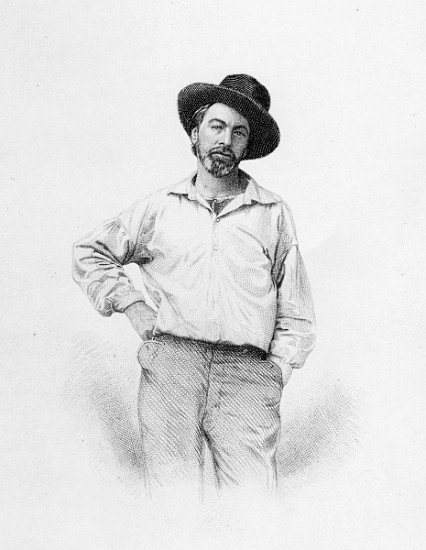So here in New York, it’s February and nearing 70 degrees. I hesitate to celebrate unabashedly as this beautiful weather is probably linked to global warming and this may (or may not) be the beginning of the end. But hey! let’s enjoy the day for what it is.
I was walking around Lenox Hill with a coffee and having Pocket read me this long and totally worth it essay by Phillip Lopate. I enjoyed every single paragraph, but especially when Lapote talked about Whitman.
With Walt Whitman, I encountered an even more omnivorous appetite than mine for walking in crowds. Whitman celebrated Manhattan at a time when it was elbowing aside Boston and Philadelphia as the most populous American metropolis. His positive love of crowds was unusual for the nineteenth century, when many American intellectuals were expressing a fastidious scorn for the “mob.” Whitman’s fellow New Yorker, Edgar Allen Poe, who said that “democracy is a very admirable form of government–for dogs,” wrote a short story, “A Man of the Crowd,” in which he equated the boulevard walker with an automaton who “refuses to be alone.” Whitman saw no contradiction between joining a crowd and being alone. His solitary, essential self was not threatened by the masses; rather, he took energy and comfort from their surrounding bodies. William James said admiringly of Whitman: “He felt the human crowd as rapturously as Wordsworth felt the mountains….” It’s certainly true that Whitman substituted the crowd for nature as a fit poetic subject, and made it a metaphor for American democracy, but the crowd fulfilled another function for him: it turned him on.
Read the whole thing at Mr. Beller’s Neighborhood

